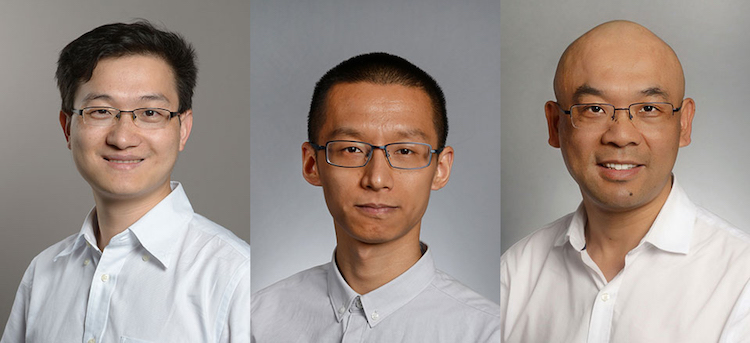
Bringing deep learning to materials science: MU team reaches breakthrough
Graphene is a single layer of carbon atoms that has a wide array of potential uses, particularly as a candidate material for use in electronic devices, such as LED screens, touch panels, smart phones and solar cells. Graphene’s electrical and optical properties can be significantly altered for better usage. Discovering how these atoms tune to create these properties is one of the most pressing questions in materials science.
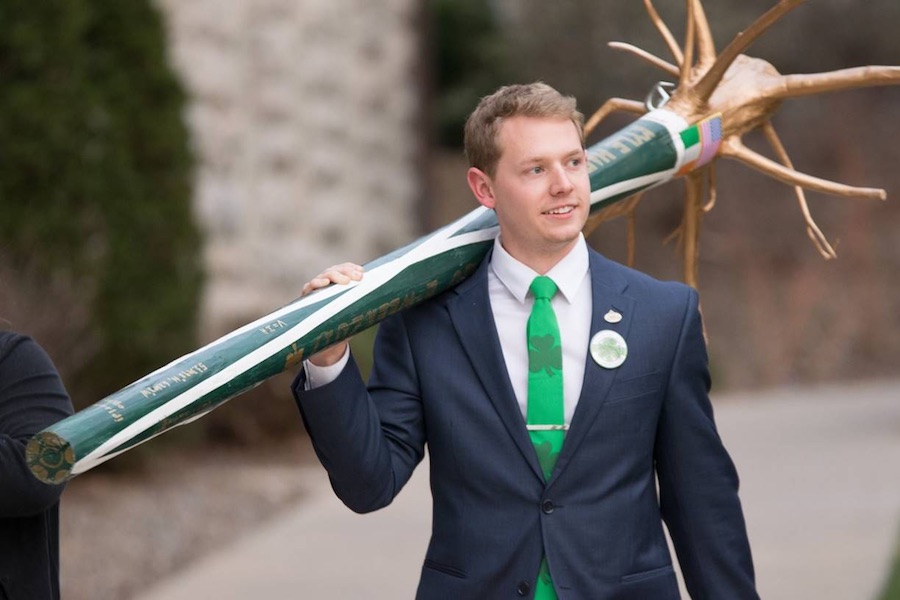
Recent Engineering alum Hagan pays it forward
Kyle Hagan wanted to pay it forward. The MU Engineering alum graduated in 2017 with a bachelor’s degree in electrical and computer engineering, and thanks to scholarship support, was able to do so without student loan debt. Since landing a job with Boeing, he has worked to help other students the way others helped him.
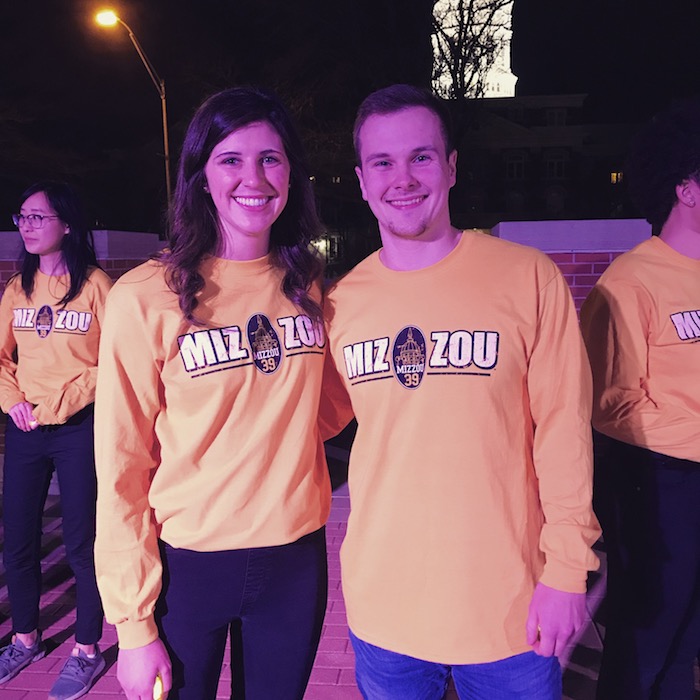
Engineering leaders emerge as part of 2019 Mizzou ’39 class
Mizzou ’39 recipients are among the best and brightest seniors MU has to offer. These are students equipped with the skills to lead on immediately after graduation and the resume to match. Two members of this year’s class are Mizzou Engineering students — Trent Wideman and Julia Wopata.
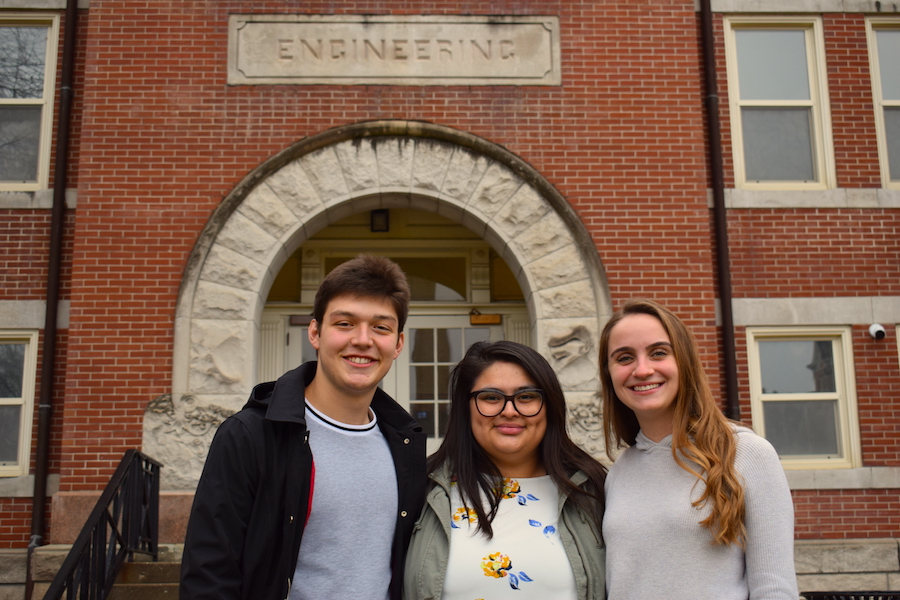
Develop[Her] focuses on supporting women in computing
Develop[Her] recently held its first meeting, with more than 40 interested students coming to Lafferre Hall to learn more about the nascent organization. Develop[Her] currently is working through the process to become officially recognized by MU and the College according to founders and Mizzou Engineering students Jamie Flores, Madison Williams and Paul Orton.
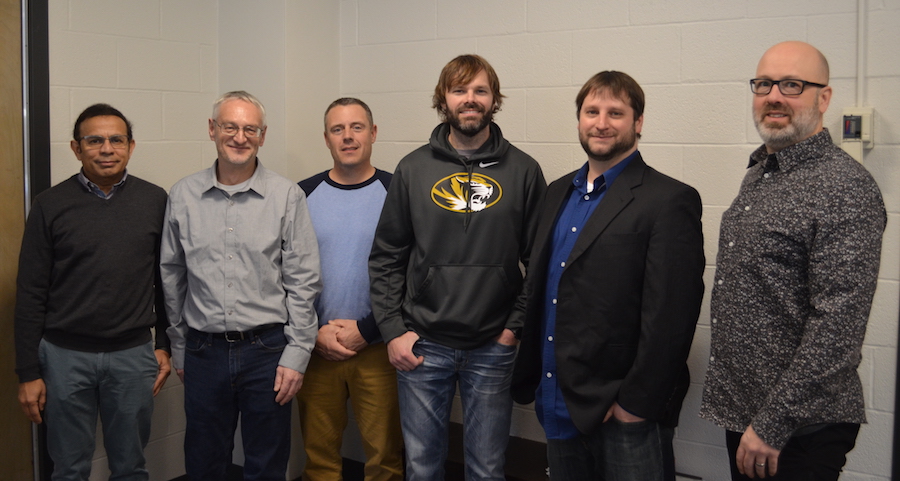
Shelter provides support to computing, IT student orgs
Getting involved with student organizations not only helps companies recruit high-quality interns and full-time hires, but also helps faculty and students adjust to the needs of an ever-changing workforce. That’s why Shelter Insurance recently made a donation to support three Computer Science/Information Technology student organizations at Mizzou.
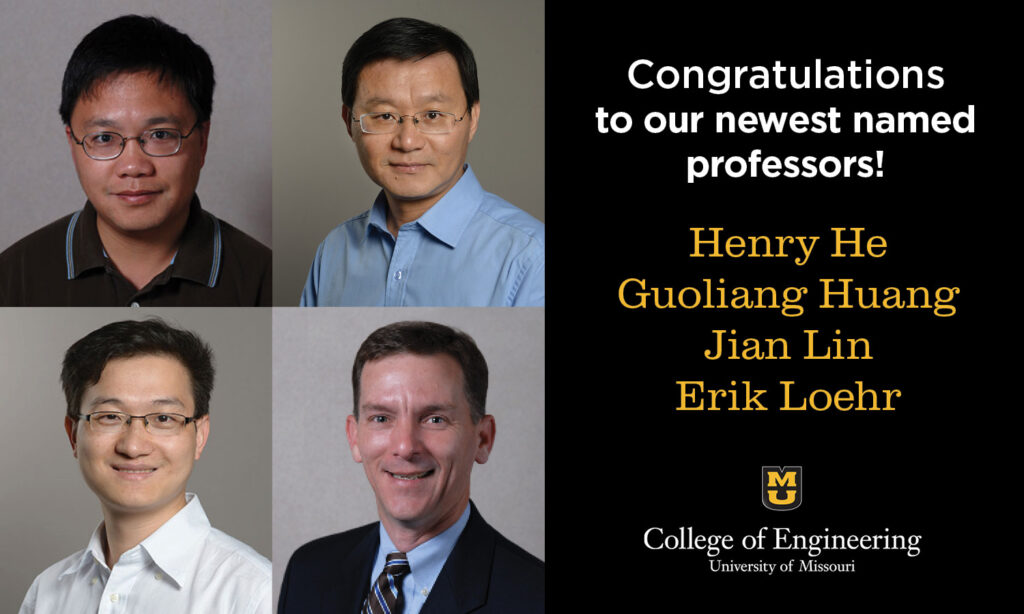
Four faculty receive named professorships
Last spring, faculty representatives from the College of Engineering developed a Faculty Honors Program to adhere to the campus guidelines for awarding faculty fellowships and honors. To select this year’s honorees, Dean Elizabeth Loboa sought recommendations from the College’s Dean’s Council for Teaching Excellence and Dean’s Council for Research Excellence.

Defense using pretense: MU Engineering team sets new cybersecurity paradigm
Instead of simply reacting to cyberattacks after they happen, Mizzou Engineering researchers developed a new approach — cyber “defense using pretense.”
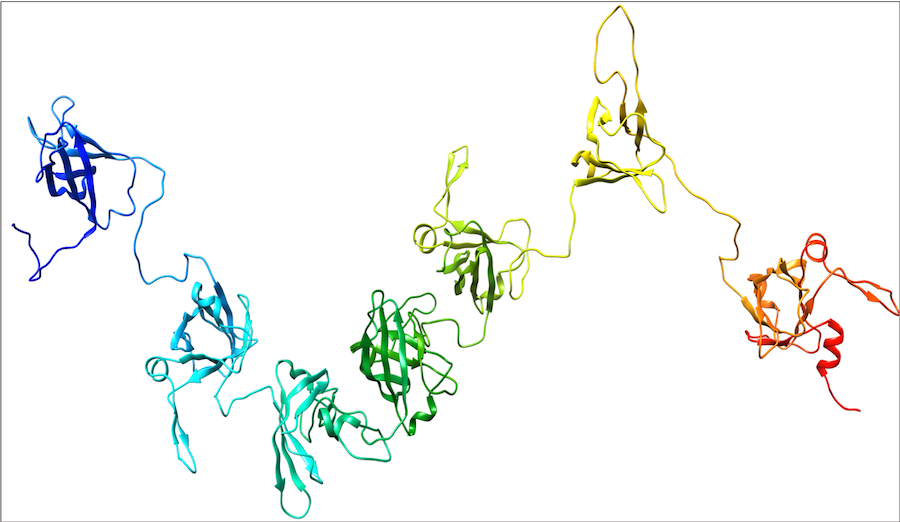
Mizzou team shines at computational protein prediction competition
Accurately predicting how protein sequences will fold into 3D structures is key to determining their biological function and essential in areas such as protein design, protein engineering, drug design, disease research, and precision medicine. MU Engineering William and Nancy Thompson Distinguished Professor of Electrical Engineering and Computer Science Jianlin Cheng and his MULTICOM team are at the forefront of this nascent field, with the accolades to match.
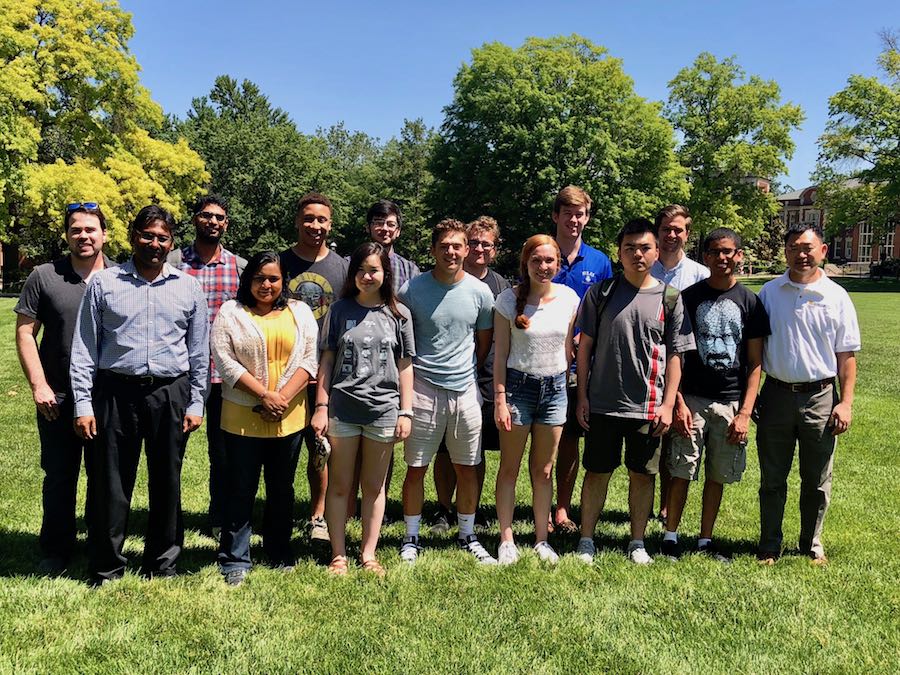
EECS summer programs shed light on cyber security, machine learning
The Electrical Engineering and Computer Science Department had another busy summer, hosting research-focused college students from around the country at its National Science Foundation-funded Research Experience for Undergraduates: Undergraduate Research in Consumer Networking Technologies and several high school students as part of its Summers@Mizzou Hacker Trackers program.
Hacker Trackers camp teaches high schoolers cyber security skills
Electrical Engineering and Computer Science Assistant Professor Prasad Calyam and his graduate students Roshan Neupane and Ronny Bazan Antequera organized the third-annual Hacker Trackers summer camp, held in July as part of the University of Missouri Extension’s Summers@Mizzou program. Calyam organizes the camp as part of his community outreach and STEM Education activities to attract high school students to get excited about MU Engineering and the computer science field in general.